In today's digital age, responding to online reviews is more important than ever for fostering customer relationships and enhancing your brand's reputation. Whether the feedback is positive or negative, a thoughtful response shows that you value customer opinions and are committed to improvement. Engaging with reviews not only helps to build trust with current and potential customers, but it also provides an opportunity to showcase your business's personality and dedication. Ready to learn how to craft the perfect response? Let's dive in!

Personalization
Personalized responses to online reviews enhance customer relationships and build brand loyalty. Acknowledging specific details, such as the reviewer's name and their unique experience, fosters a deeper connection. Highlighting particular aspects mentioned in the review, such as product quality or customer service, reinforces appreciation. Addressing both positive and constructive feedback demonstrates commitment to improvement. Moreover, inviting reviewers to return or reach out directly for further assistance creates an open dialogue. Utilizing the review platform's features, like tagging, emphasizes transparency and engagement in the community. Tailoring responses not only shows gratitude but also sets a precedent for future interactions, ultimately benefiting the business's reputation and customer satisfaction.
Tone and Language
Responding to online reviews requires a careful balance of professionalism and friendliness. Acknowledging the reviewer's experience is crucial. Phrases such as "Thank you for your feedback" or "We appreciate your insights" can set a positive tone. Addressing specific points raised in the review demonstrates attentiveness. Use of names or details about the service or product enhances personalization. In dealing with negative reviews, expressing empathy is essential, paired with a willingness to rectify the situation. Encouraging further dialogue through contact information can foster goodwill. Conclude with an invitation for future visits or continued engagement, reinforcing a positive relationship with the customer.
Acknowledgment of Feedback
Customer feedback plays a crucial role in enhancing service quality at businesses like restaurants and hotels. Acknowledging feedback helps build trust and rapport with customers, regardless of whether the review is positive or negative. Addressing specific points, such as food quality or service speed, can demonstrate attentiveness to customer experiences. Furthermore, including personalized responses to reviews, mentioning the reviewers' names and specific visit dates, can create a sense of connection, encouraging return visits. This practice fosters a welcoming atmosphere, vital for attracting a loyal client base in competitive industries.
Resolution or Compensation Proposal
Crafting a thoughtful response to online reviews can significantly impact a business's reputation. Engagement with reviewers showcases attentiveness to feedback, vital for customer relationships. For instance, addressing a negative review about a restaurant's service can involve acknowledging the customer's experience, expressing regret for any inconvenience, and offering a resolution, such as a complimentary meal or discount on their next visit. Additionally, outlining steps taken to improve service after a negative incident can demonstrate commitment to quality and customer satisfaction. Using sincere language while personalizing the response to mention specific details from the review fosters a sense of connection with the reviewer. Maintaining professionalism and positivity in such exchanges reinforces the brand's image and encourages future customer interactions.
Invitation for Further Communication
Encouraging further communication with customers can enhance their experience and build stronger relationships. A personalized response to an online review can create a sense of community. For example, a message thanking the customer for their feedback about their recent visit to the restaurant "Gourmet Bistro" in San Francisco can invite them to reach out directly for follow-up questions or concerns. Emphasizing the customer service team's availability at the provided email address, along with a social media handle, creates an open dialogue. For customers who praised a specific dish, encouraging them to share more details or suggestions about future menu items can deepen engagement. Incorporating personal touches, like the chef's name or upcoming events, adds warmth to the invitation, making it more appealing for customers to connect.

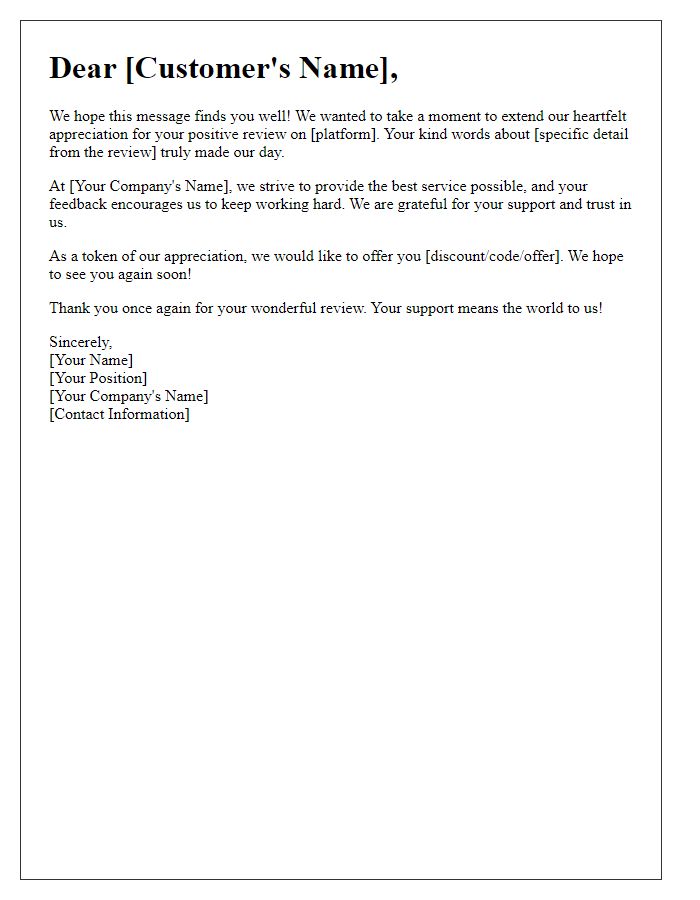
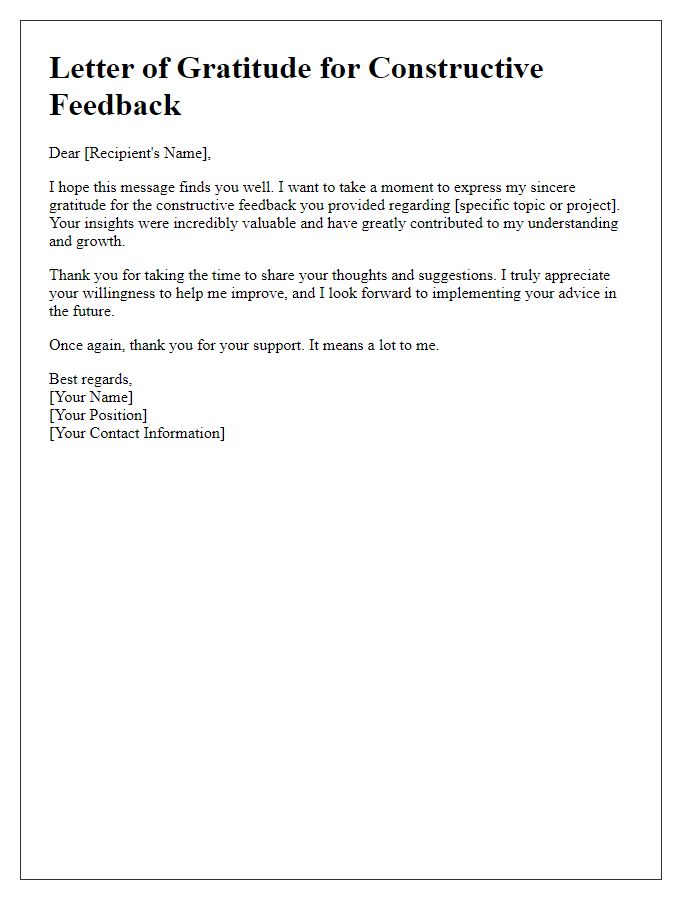
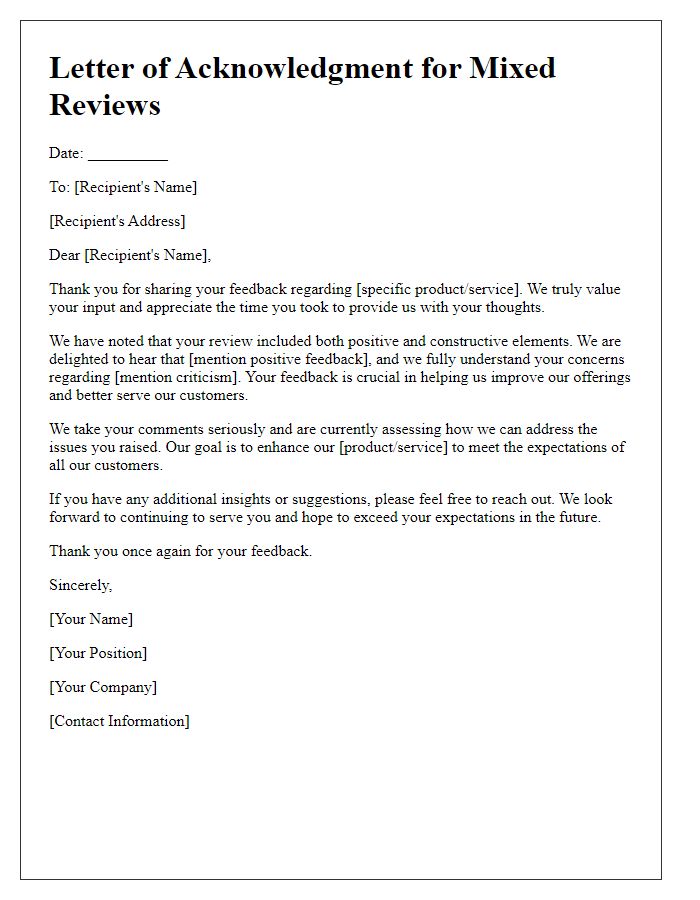
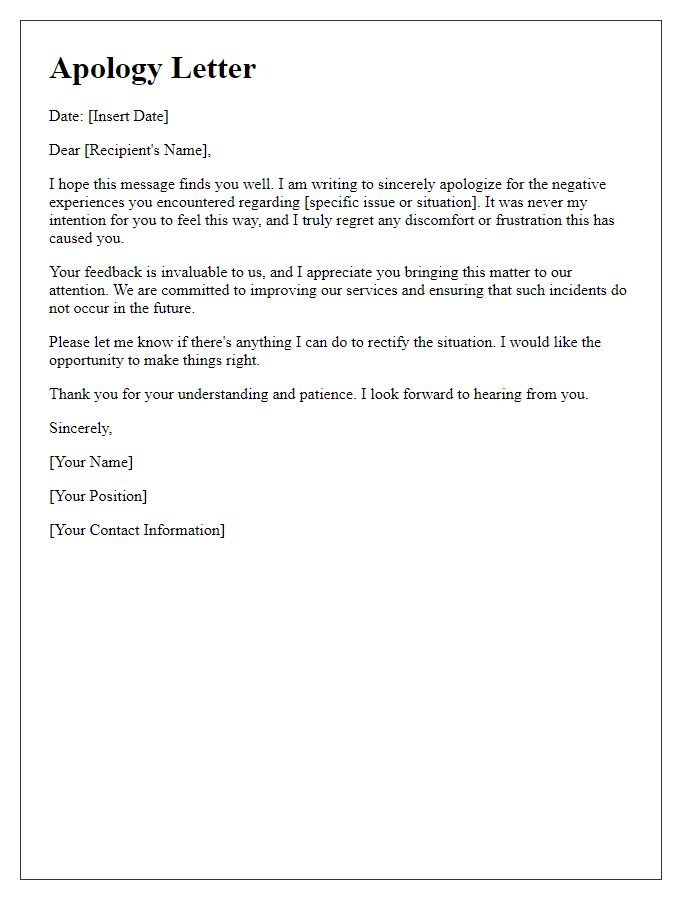
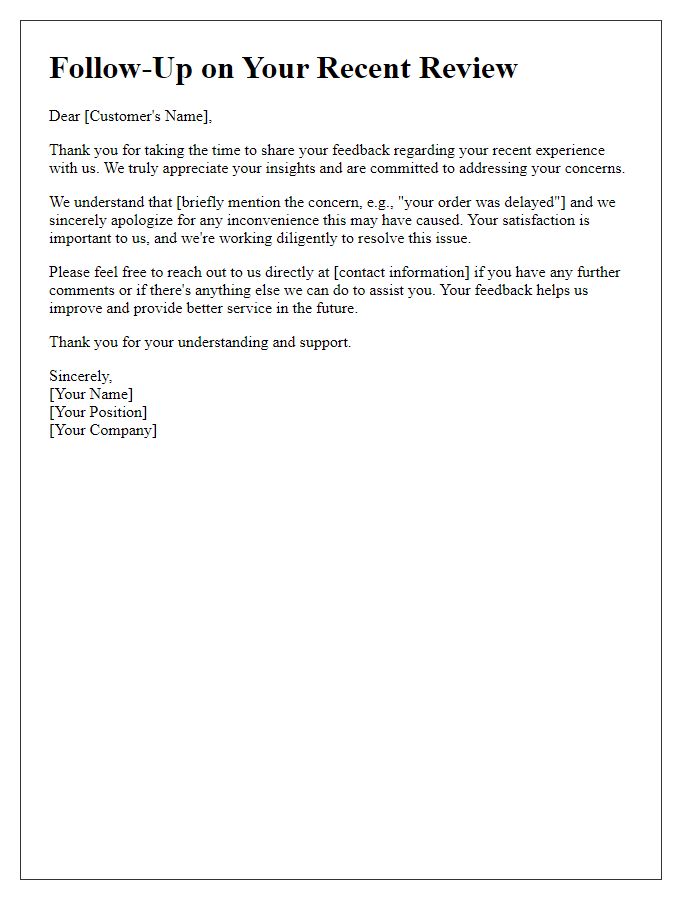
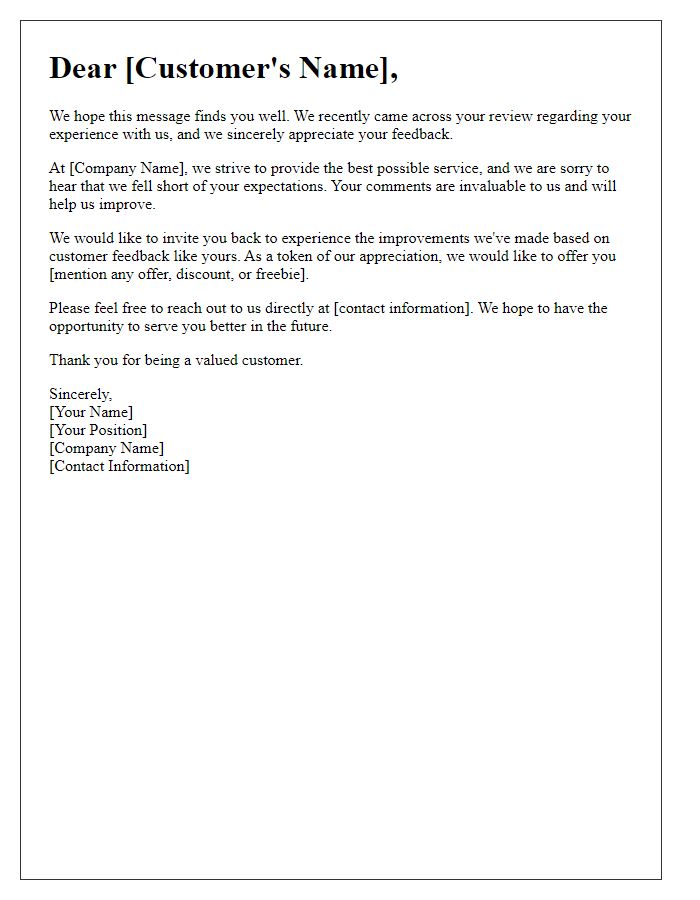
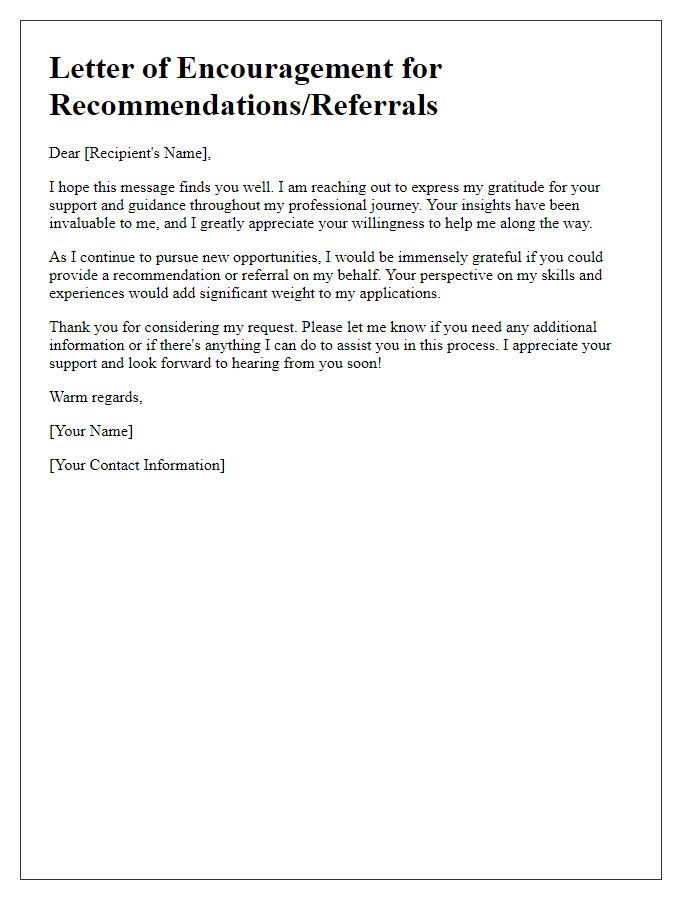
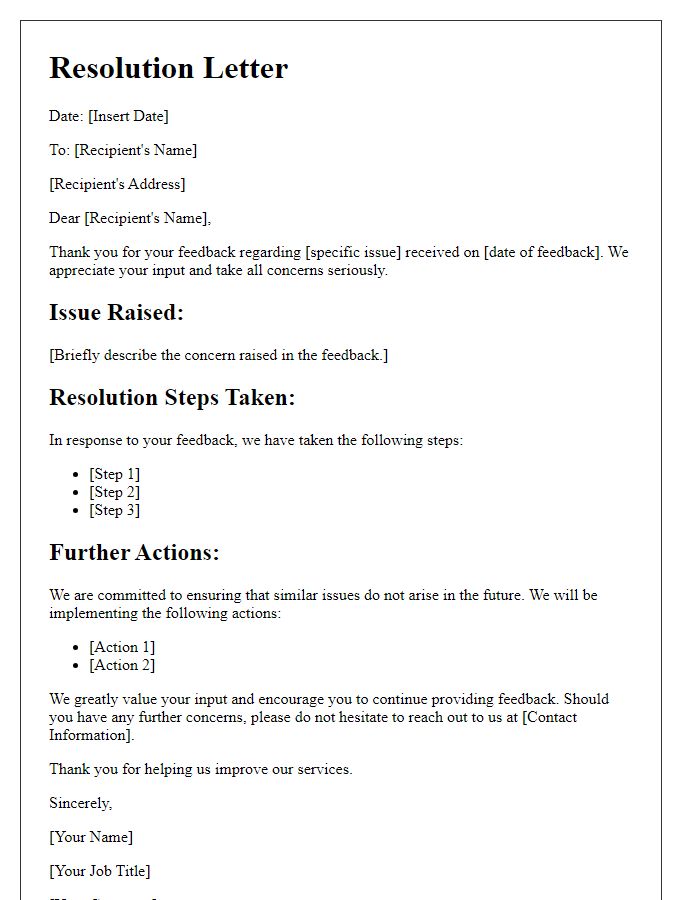
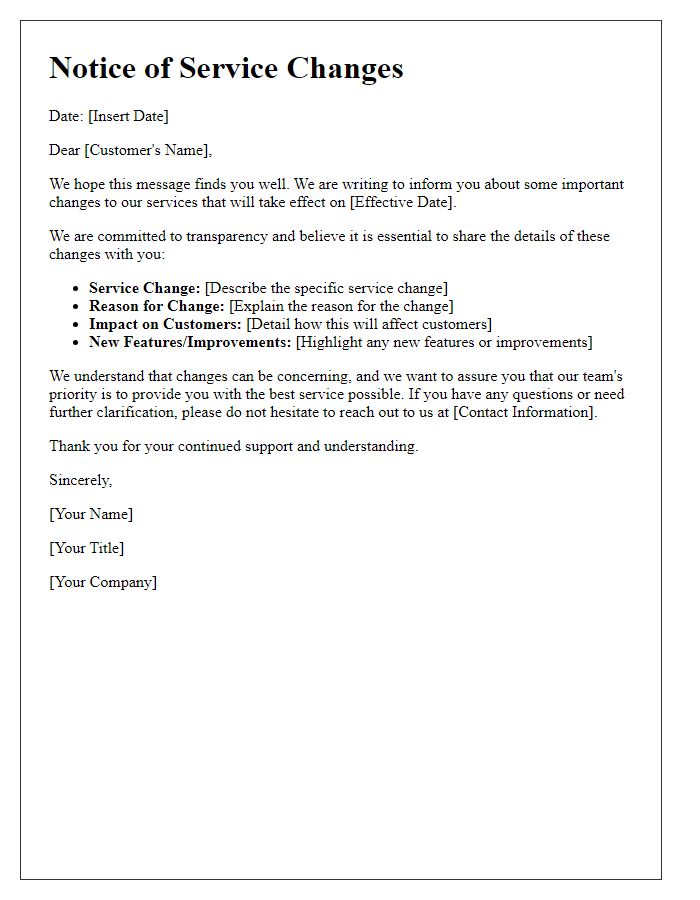
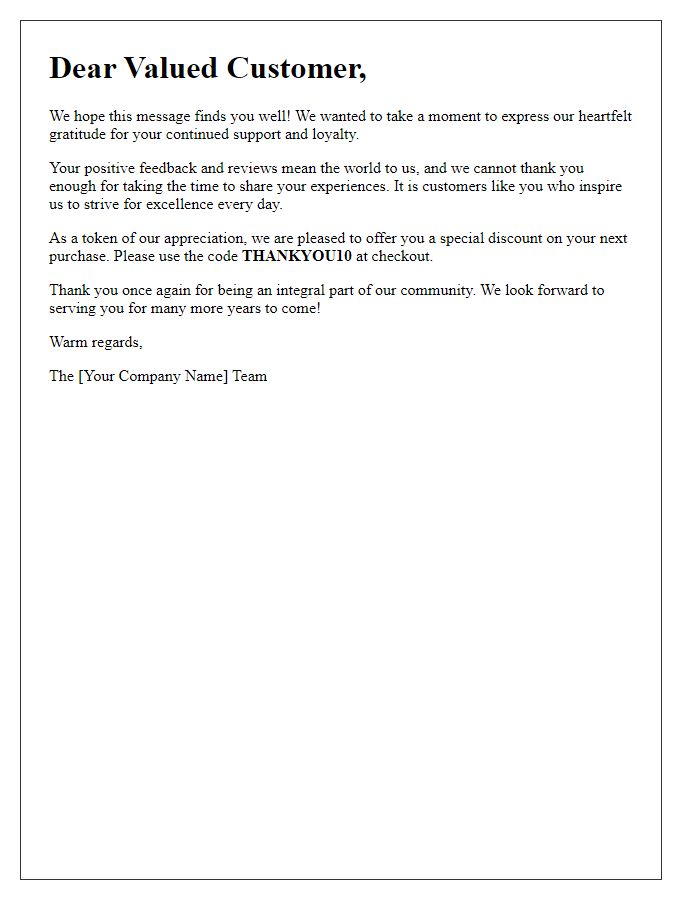


Comments